The Bangladesh Garment Manufacturers and Exporters Association (BGMEA) has set a target of exporting garment items worth $100 billion by 2030 as local apparel suppliers are diversifying their products and markets.
"The local exporters are depending more on manmade fibre, technical clothing items and value-added garment items to achieve the $100 billion target," said Faruque Hassan, president of the BGMEA.
Faruque was speaking at a discussion on the future of garment items at a hotel in the capital.
The garment makers' platform also unveiled its new logo at the event with the slogan of 'Change', which represents innovation, circularity and green initiative.
Referring to the attainment of over $52 billion export earnings in the last fiscal year (FY22), the BGMEA President said that attaining over $50 billion export earnings in the golden jubilee of country's independence is a great achievement.
In the last fiscal year, Bangladesh earned $42.61 billion through garment shipment, registering a 35.47 percent year-on-year growth.
Of the total, earnings from knitwear grew by 36.88 per cent year-on-year to $23.21 billion while woven garment rose by 33.82 per cent year-on-year to $19.39 billion.
Earlier, the BGMEA in 2015 also set a target of exporting garment items worth $50 billion by 2021.
The garment manufacturers' and exporters' platform expressed their strong determination about achieving the targeted export by the stipulated timeframe mainly because of the shifting of a massive volume of garment work orders from China and other countries, production of more man-made fibre (MMF) garment items and market diversification.
The new target means the local suppliers will have to export $57.38 billion more or $7.17 billion additional in the next eight years each up to 2030. In the just concluding fiscal year, Bangladesh exported garment items worth $42.61 billion, according to data from the Export Promotion Bureau (EPB).
Speaking at the logo unveiling event as the chief guest, Dr Shirin Sharmin Chaudhury, Speaker of Jatiya Sangsad, said Bangladesh is no more a bottomless basket as it was dubbed just after the independence of the country.
Sharmin said in 1976, an economist named Just Faaland termed Bangladesh as a test case, but over the years Bangladesh's economy has become a strong one.
She also suggested not forgetting the issue of climate change while they are producing garment items.
In the unveiling of the plan of exporting $100.0 billion worth of garment items by the stipulated timeframe, BGMEA President Faruque Hassan said it is possible to achieve the target as they are diversifying the products and markets.
For achieving the export target within the stipulated timeframe, Bangladesh will mainly rely on three important products including current middle ranged garment items, export of MMF-made garment items and technical clothes like uniforms for hospital and other services sectors, Hassan added.
The BGMEA President is upbeat because, in the segment of MMF which has a $700.0 billion global market size, Bangladesh's contribution is very low as the local garment exporters are strong in cotton fibre-made garment items.
For instance, out of the total global fashion industry, some 78 per cent is MMF based items while only 22 per cent are cotton fibre-based garment items.
However, in the case of Bangladesh, the cotton-made garment items are 74 per cent while only 26 per cent is MMF-based items.
"So, we have a big room for expansion of MMF and technical garment items along with the current middle ranged garment items," Hassan added.
Previously, the local garment suppliers were facing challenges of timely supply of raw materials like fabrics and yarn, but nowadays the local primary textile sector has also tremendously improved its capacity.
Now they are capable to supply the raw materials timely which have also been helping in the reduction of long lead time.
Even there are a lot of scopes to diversify within the garment items, Hassan said. The local primary textile sector is also expanding its capacity to meet the demand for additional MMF, technical and other garment items.
The BGMEA President is hopeful that achieving the export of garment items worth $50.0 billion is possible by 2023.
"We could not achieve the target by 2021, because of some externalities in 2016 and 2017 followed by the severe fallouts of the COVID-19 in 2020 and 2021. It is expected that the buyers will also pay better prices from the sales of diversified garment items," Hassan also said.
Hassan at the event of unveiling the new logo and new vision of the BGMEA said currently three important studies are being carried out to increase the export of garment items from the country.
The studies include innovation of products, technical clothes and digital markets of goods as the future of the garment business is depending on online sales, Hassan said.
The BGMEA chief also said by 2030, out of the total exported garment items from the country, some 80 per cent would be produced in green garment factories as the local manufacturers are going for green products to meet the demand of consumers worldwide.
Currently, Bangladesh is a global champion in green garment factories having 163 of which some 49 are platinum rated, the highest-rated green garment factories and the rest are gold, silver and merely certified by the US Green Building Council (USGBC) under Leadership in Energy and Environment Design (LEED) certification.
Although the international retailers and brands are not paying additional prices for the green initiatives, they are placing work orders in volume to the green garment factories in a priority basis.
Abdus Salam Murshedy, former president of the BGMEA, said a lot of industries will be set up in the Southwestern areas of Bangladesh because of the construction of the Padma Bridge.
"Now the construction work of the much-needed Khan Jahan Ali Airport in Khulna is going on," he added.
The BGMEA in its new logo included nine concepts including people, inclusiveness, transparency, infrastructure, innovation, circularity, global network, brand Bangladesh and environment.









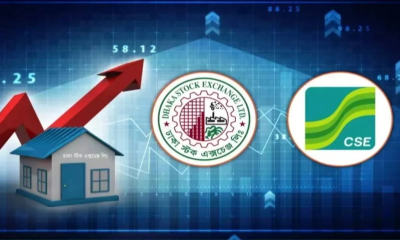
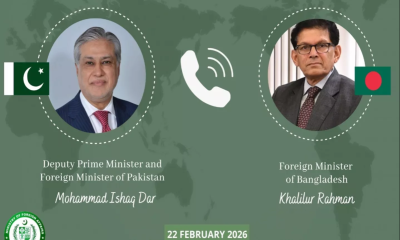
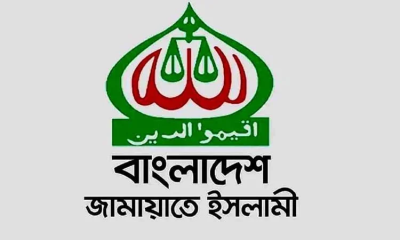
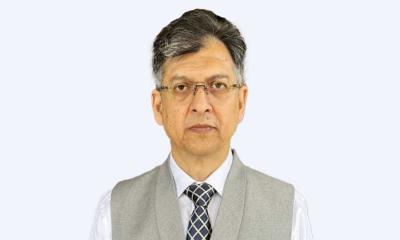


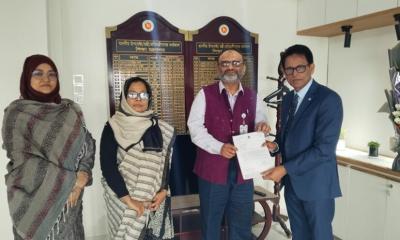
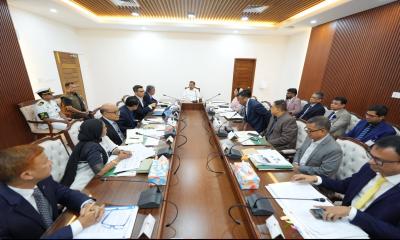
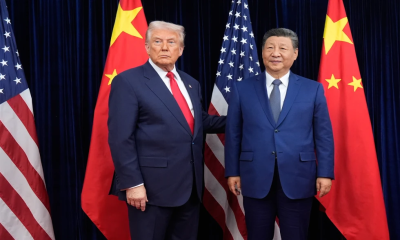
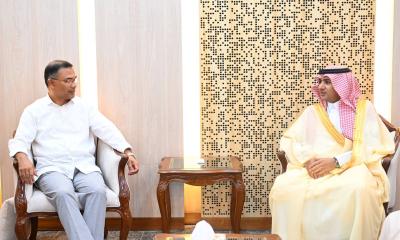
-20260222063838.webp)















